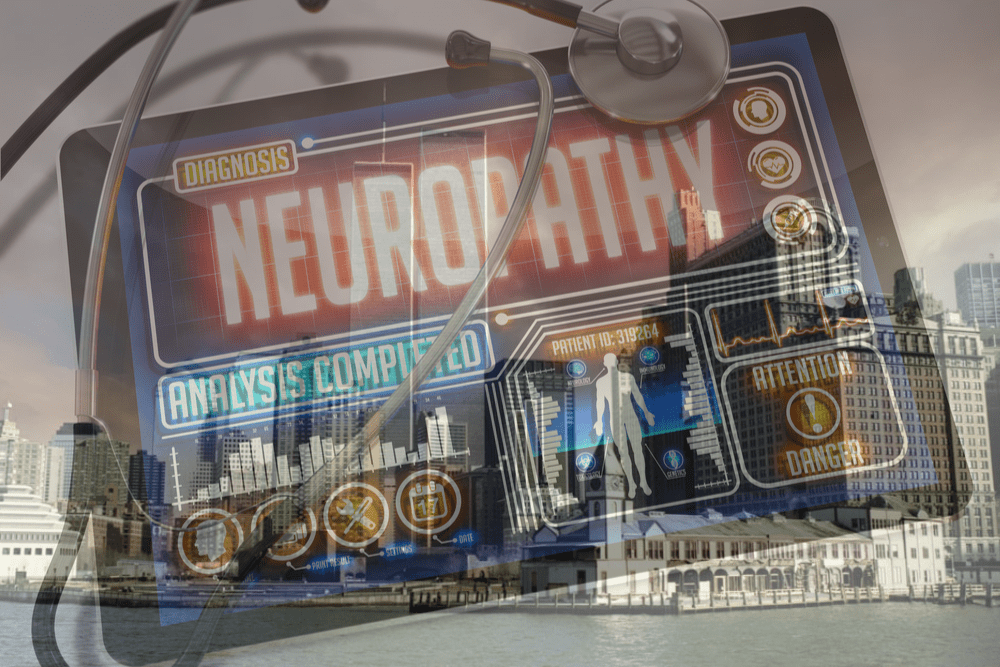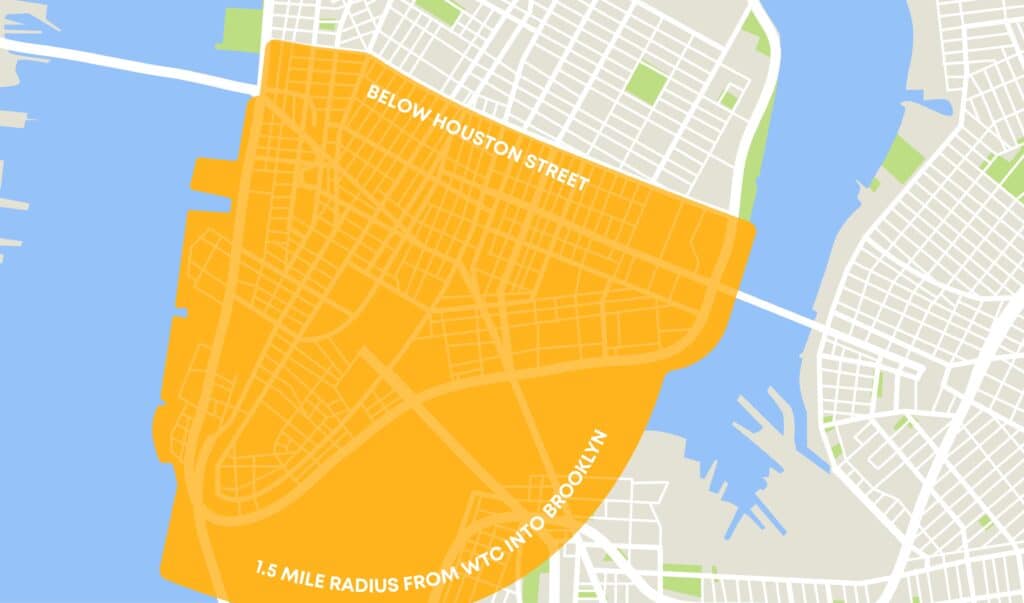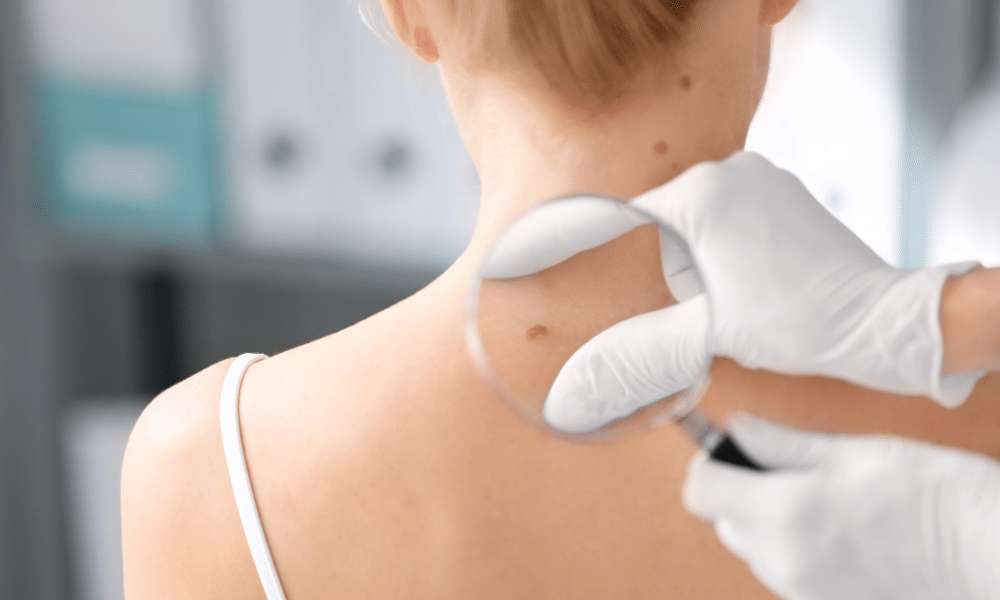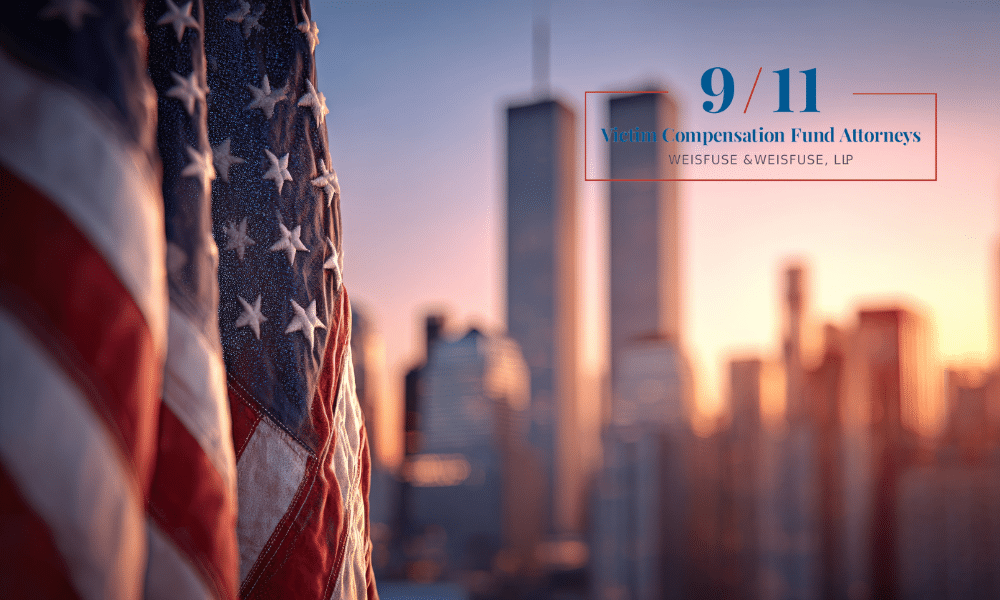
Over the past two decades, many 9/11-related conditions have been highlighted — from cancers and respiratory disease to digestive and psychological conditions.
One condition that gets less coverage and is currently not even included in the list of WTC-related conditions or recognized by the 9/11 Victim Compensation Fund (VCF) is peripheral neuropathy.
Peripheral neuropathy is a disease of the central nervous system that has afflicted many responders and medical workers involved in the emergencies and clean-up efforts in the days, weeks, and months after the 9/11 attacks.
Even though peripheral neuropathy is not included as a covered condition by the VCF, victims may still be able to claim compensation for their condition.
What is peripheral neuropathy?
The peripheral nervous system sends messages from the central nervous system to the rest of the body through the “peripheral” nerves located outside of the brain and spinal cord.
Peripheral neuropathy is a condition resulting from damage to these nerves, which causes:
- The loss of signals normally sent through the body
- Inappropriate signals being received
- Distorted messages from errors in nerve signaling
Symptoms of the disease commonly include weakness, tingling, pins and needles, numbness and/or stabbing/burning pain. Often, this occurs in the hands or feet (hence the name “peripheral”), but sensitivity or pain can occur in other parts of the body, such as the arms and legs.
Some people describe the experience as feeling like they’re wearing gloves or socks when they’re not. This may be no more than an annoyance, but other individuals experience differing levels of disability from their condition. Others experience a lack of coordination and frequent falls, which can be very unsettling.
Symptoms that are considered the most severe with peripheral neuropathy include:
- Disorganized motor function affecting at least two extremities
- Difficulty in physical functions that affect the ability to continue a conversation or recall information
- An inability to concentrate
- An inability to manage routine daily tasks
The condition is typically caused by traumatic injury, infection, a metabolic problem, an underlying condition like diabetes or exposure to toxins. Susceptibility to the condition can also be inherited.
Our main focus here is the likelihood that exposure to the toxic cocktail present in the exposure zone post-9/11 has led to thousands of people suffering silently from a condition that few people know much about.
What is the risk of peripheral neuropathy for those in the 9/11 exposure zones?
Studies have suggested that first responders and volunteers who performed rescue, recovery, and cleanup operations in the wake of the 9/11 attacks have a 15-times greater risk of developing peripheral neuropathy than the average person.
The same applies to those who returned to Lower Manhattan in the days and weeks that followed and were exposed to toxic air in the main exposure zones: residents, workers, students, and teachers alike.
Exposure to environmental toxins is an established risk factor for developing peripheral neuropathy.
How many first responders suffer from peripheral neuropathy?
It is not known precisely how many responders suffer from peripheral neuropathy but researchers for one study gathered data from over 9,200 firefighters and emergency medical service workers exposed to toxins at the WTC.
They found that approximately 25 percent of the workers who are currently aged 40 and older have symptoms of peripheral neuropathy. This is extremely high compared to the average for the U.S. population of around one in 16 or 17 people (around 6 percent).
Based on the data and other related information, the conclusion from the study was that peripheral neuropathy is “associated with WTC-exposure intensity.”
How is peripheral neuropathy diagnosed?
Because of the wide range and intensity of symptoms, many people who suffer from peripheral neuropathy do not report their condition and are never diagnosed.
However, for 9/11 responders and survivors who are recommended to undergo regular health checkups, it is relatively simple for a doctor to diagnose the condition. Doctors will generally review the following information:
- The individual’s medical history, with symptoms, triggers for the symptoms, relief of the symptoms, work environment, social habits, and past exposure to toxins.
- Physical and neurological examinations for underlying conditions like diabetes, which can cause neuropathy, the presence of neurological disorders and the extent and type of nerve damage.
- Body fluid tests for vitamin deficiencies, diabetes, liver or kidney dysfunctions or other underlying conditions that could explain the neuropathy.
Once the condition has been diagnosed, other tests can be performed to determine the extent of peripheral neuropathy.
Peripheral neuropathy is usually treated with pain medications to reduce the effects of the symptoms.
Are first responders eligible for 9/11 VCF if they suffer from peripheral neuropathy?
The 9/11 Victim Compensation Fund (VCF) was established to compensate responders and survivors with 9/11-related health conditions.
To be eligible for compensation, an individual must suffer from one of the (many) covered conditions that are confirmed to be related to exposure to 9/11 toxins. This condition must first be diagnosed by the World Trade Center Health Program (WTCHP) or another government agency.
At present, because peripheral neuropathy is not yet included on the list of 9/11-related conditions, victims cannot claim compensation through the VCF.
Other peripheral nerve conditions, such as a malignant neoplasm of the peripheral nerves are covered but the wait goes on for peripheral neuropathy to be added to the list. Numerous studies confirm the link between exposure to toxins at the WTC and the condition.
Alternatives to 9/11 VCF compensation for neuropathy
Neuropathy is recognized as a Social Security Administration disability and those who suffer severe symptoms may be able to obtain benefits this way if they meet certain eligibility criteria.
Victims should also not give up hope of claiming assistance from the WTCHP and VCF, as the condition may be added to the covered conditions list in the future.
If you are unsure whether your condition meets the criteria for medical assistance and compensation and you were in the exposure zone in the aftermath of the September 11th attacks, it’s best to talk your situation through with a qualified 9/11 VCF attorney.
To discuss your situation and learn more about how we may be able to help you, please call Weisfuse & Weisfuse, LLC at 212-983-3000 or contact us online to schedule a free consultation.

About Jason Weisfuse –
9/11 Victim Compensation Fund Attorney
About Jason Weisfuse –
9/11 Victim Compensation Fund Attorney
Jason E. Weisfuse is a seasoned 9/11 cancer attorney and managing partner at Weisfuse & Weisfuse, LLC, a New York City-based law firm dedicated to representing individuals affected by the September 11th attacks. Since the establishment of the September 11th Victim Compensation Fund (VCF), Jason has been instrumental in assisting first responders, survivors, and families in securing the compensation and medical benefits they deserve.
With a Juris Doctor from New York Law School (2009), Jason brings extensive experience regarding the 9/11 Victim Compensation Fund to his practice. His deep understanding of the VCF and the World Trade Center Health Program (WTCHP) has enabled him to navigate complex claims processes effectively, resulting in substantial awards for his clients.
Jason’s commitment to the victims in the 9/11 community is evident through his active involvement in professional organizations such as the New York State Trial Lawyers Association and the American Association for Justice. He has also contributed to legal discourse with publications in the New York Law Journal, reflecting his dedication to legal excellence and advocacy.
At Weisfuse & Weisfuse, LLC, Jason continues to provide compassionate and knowledgeable representation, ensuring that those affected by 9/11 receive the support and compensation they are entitled to.







